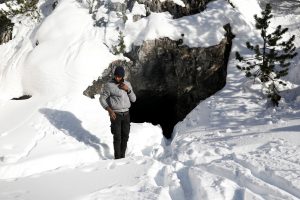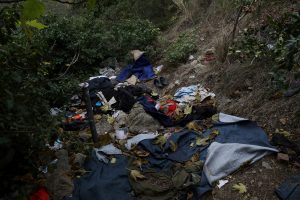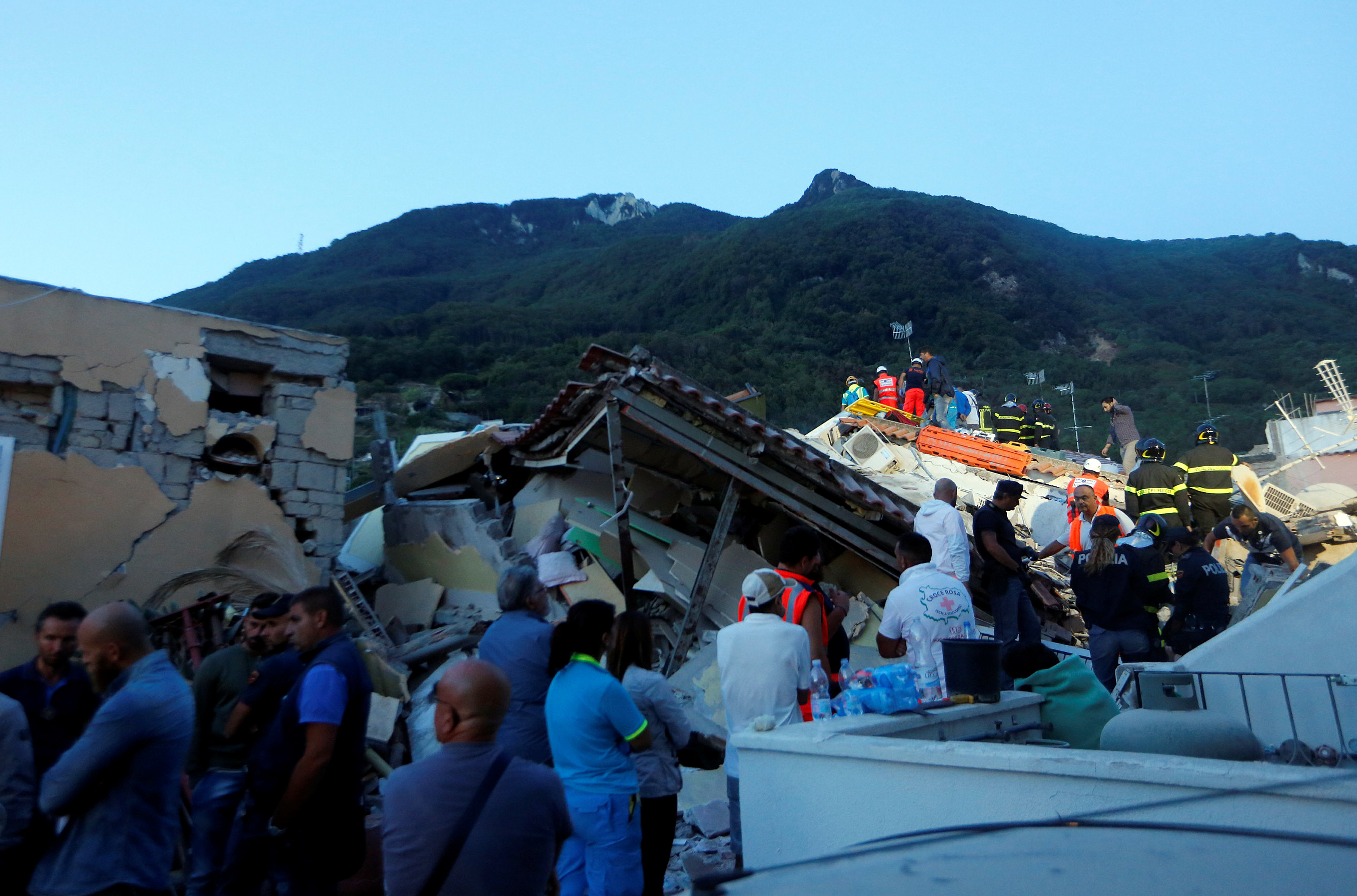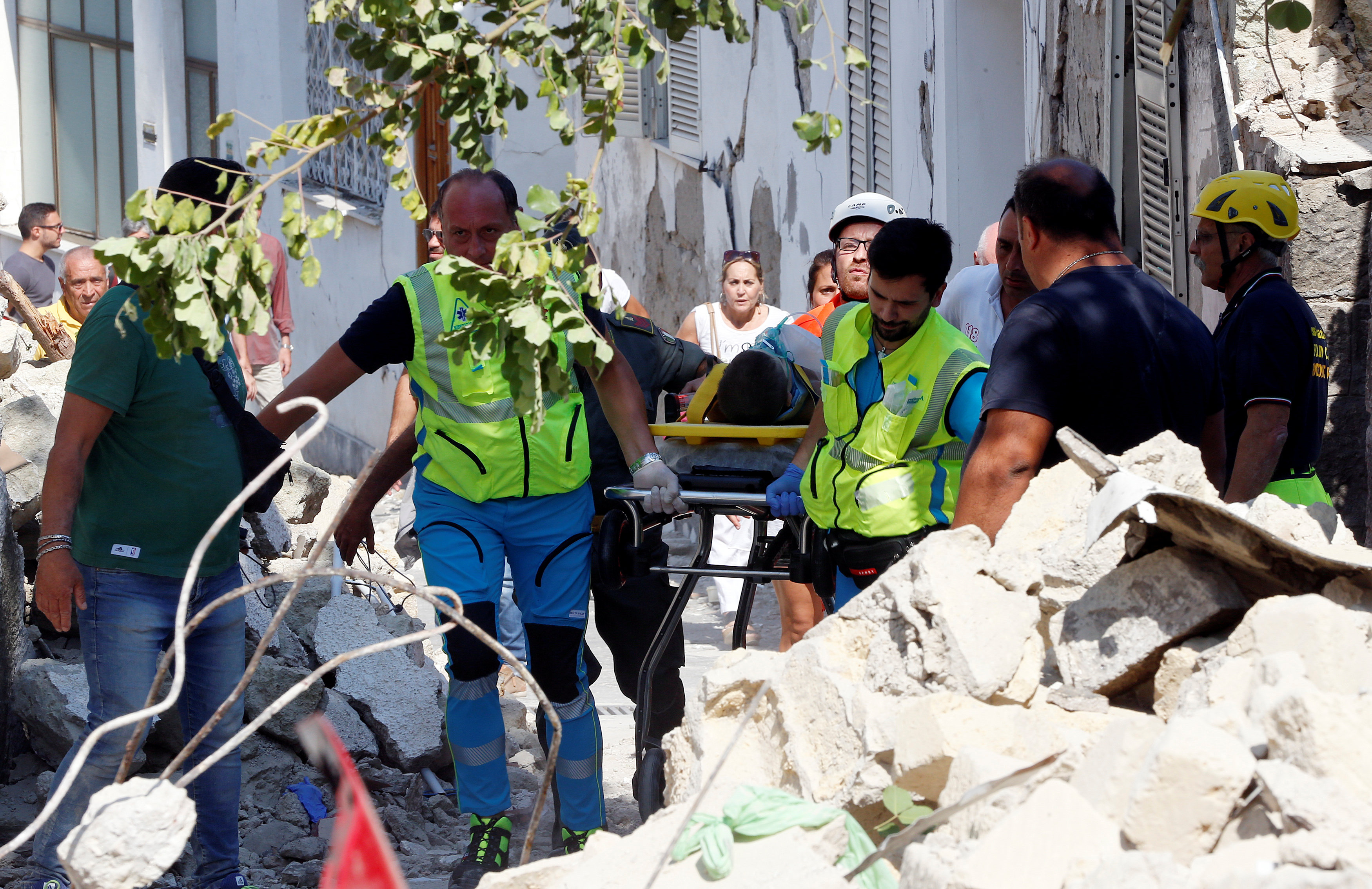
By Philip Pullella
VATICAN CITY (Reuters) – Pope Francis on Wednesday told members of the Mafia in Italy, where many go to Church and worship openly, that they cannot call themselves Christians because they “carry death in their souls”.
Francis’ improvised words before tens of thousands of people at his weekly general audience in St. Peter’s Square was his strongest attack on organized crime in nearly four years.
“So we don’t have to go far, let’s think about what happens right here at home (Italy),” he said while speaking generally about “fake Christians” who are corrupt while pretending to be righteous.
“(What about) the so-called Christian Mafiosi,” he said. “They have nothing at all in them that is Christian. They call themselves Christians but they carry death in their souls and inflict it on others.”
Many members of organized crime groups in Italy, such as Sicily’s Cosa Nostra and Calabria’s ‘Ndrangheta, see themselves as part of a religious, cult-like group.
Particularly in smaller towns and cities in the south, they take part in Catholic sacraments, go to church and in some cases have also found complicity by some churchmen.
The town of Oppido Mamertina in the Calabria region made headlines in 2014 when locals carrying a statute of the Madonna in a traditional religious procession diverted its route to pass by the home of local mob boss who was infirm.
They paused before the boss’ house and tilted the statue slightly as if to kneel in a sign of respect toward the clan boss.
When Pope Francis visited the Calabria region the same year, he accused organized crime members of practising “the adoration of evil” and said Mafiosi excommunicate themselves from the Church by their actions.
At the audience in St. Peter’s Square on Wednesday, Francis asked the faithful for prayers for Mafiosi, “so that the Lord touches their souls”.
In 1993 Pope John Paul sternly warned members of Sicily’s Cosa Nostra that they would “one day face the justice of God”. The crime group responded several months later with bomb attacks against several churches in Rome, including the Basilica of St. John’s, which is a pope’s church in his capacity as bishop of Rome.
In recent years, the Calabria-based ‘Ndrangheta has overtaken Sicily’s Cosa Nostra as the most feared and lucrative Italian crime group, making most of its money from drug trafficking. It has spread throughout the world.
(Reporting by Philip Pullella; Editing by Peter Graff)












